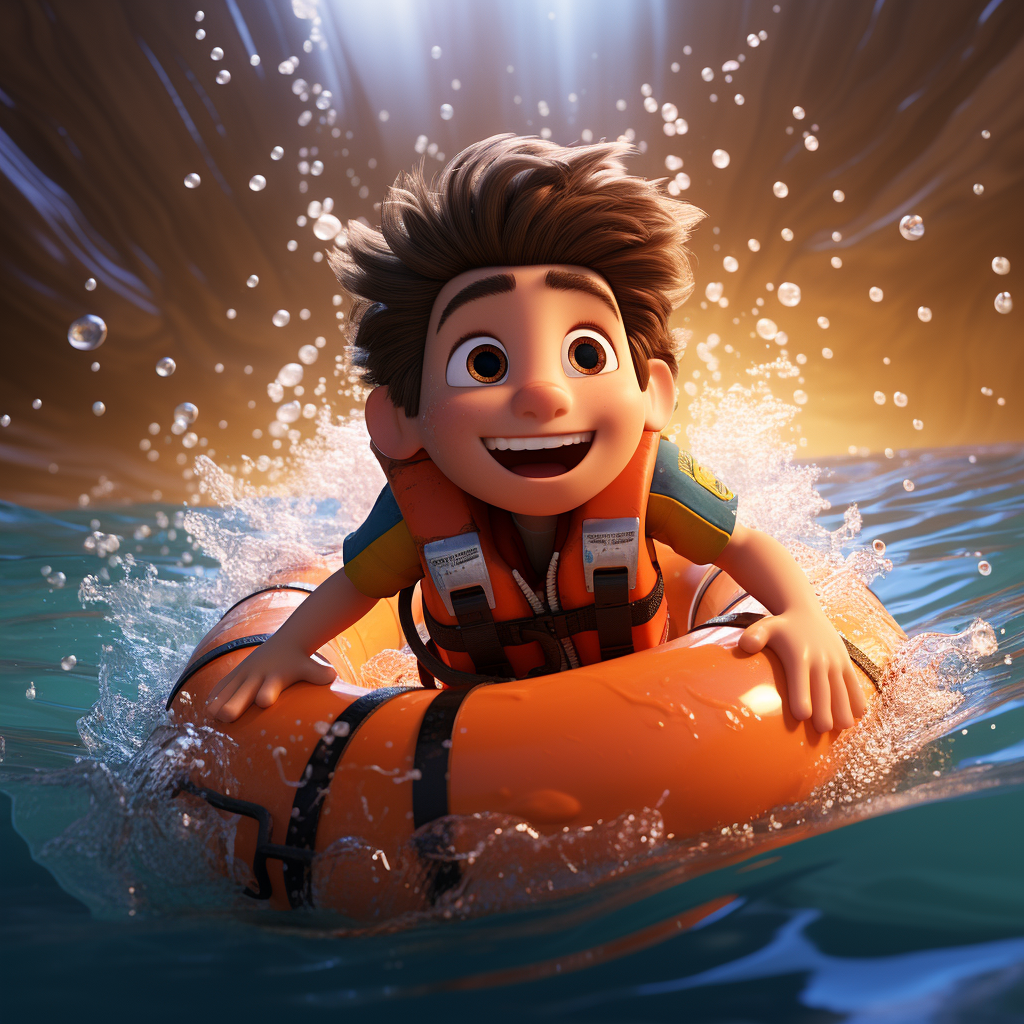Water Safety Tips
by FAU CARD | Wednesday, May 31, 2023
Ensuring Safe Summer Swimming for Children with Autism and All Kids
 It’s a great time to learn how to swim. Swim lessons reduce the risk of drowning among children aged 1 to 4. Throughout Palm Beach County, children with autism and related disabilities can receive free swim lessons. There are multiple programs that offer free and scholarship programs to teach all children how to swim.
It’s a great time to learn how to swim. Swim lessons reduce the risk of drowning among children aged 1 to 4. Throughout Palm Beach County, children with autism and related disabilities can receive free swim lessons. There are multiple programs that offer free and scholarship programs to teach all children how to swim.
Pool safety is stress-free fun for all. Making sure that pool fencing and guards are properly installed is key. The best protection is a four-sided isolation fence (separating the pool area from the house and yard) reduces a child’s risk of drowning 83% compared to three-sided property-line fencing.
Adult supervision makes all the difference. Siblings and other children should never provide supervision, it should be an adult, even for children who know how to swim. Adults should have a safety plan in place in the event that a child in their supervision needs assistance. Are there life guards available, if in a public area? Is there water safety equipment available and does someone know how to use it? Call 911 for immediate assistance.
Life jackets save lives. Always have your children wear a life jacket approved by the U.S. Coast Guard while on boats, around open bodies of water or when participating in water sports. Make sure the life jacket fits snugly. Have kids make a "touchdown" signal by raising both arms straight up; if the life jacket hits a child's chin or ears, it may be too big or the straps may be too loose. Swimming aids such as water wings or noodles are fun toys for kids, but they should never be used in place of a U.S. Coast Guard-approved personal flotation device (PFD).
Learn CPR, it makes a difference. CPR can save lives and improve outcomes in drowning victims.